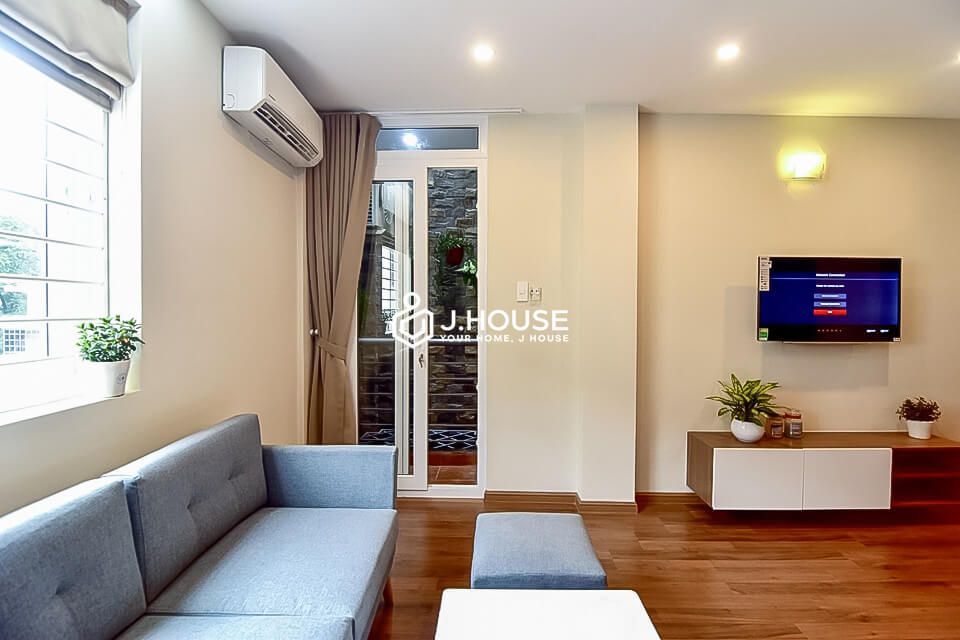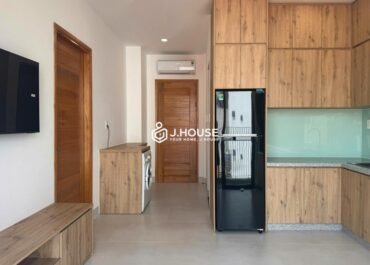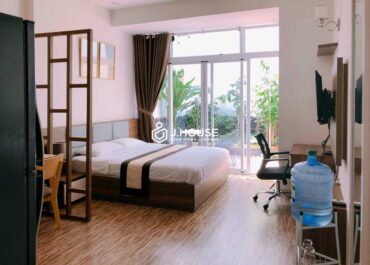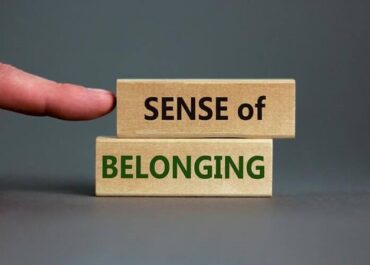Latest Properties
Open a Bank Account in Vietnam: A Guide for Expats
How to Open a Bank Account in Vietnam as an Expat: A 2025 Guide
For expats, one of the first — and most practical — steps when settling into life in Vietnam is to open a bank account. Whether you’re planning to stay for months or years, managing your finances locally will make everyday life smoother, more affordable, and more secure.
But as simple as it sounds, the process can feel confusing at first. Different banks have different rules, documentation varies by visa type, and not all staff speak English. The key is knowing what to prepare and where to go.

This guide is designed to help expats navigate Vietnam’s banking landscape — from choosing the right bank and understanding account types to avoiding hidden fees. With the right info, you’ll be ready to open your account and make the most of your time in Vietnam.
Benefits of Opening a Local Bank Account for Expats
Using your foreign bank card in Vietnam might work short-term, but the fees can pile up fast. A local account helps you:
- Get paid in VND or USD
- Pay utilities, rent, or service providers
- Access mobile and internet banking
- Save on ATM and currency conversion fees
- Build local financial history (useful for business or long stays)
With these advantages, a local bank account quickly becomes more than a convenience — it’s a necessity.
Can a Foreigner Open a Bank Account in Vietnam?
Yes — but conditions apply. As of 2025, foreigners living in Vietnam long-term (with a valid visa or temporary residence card) can open personal or business bank accounts. Some banks allow account opening with a tourist visa, but options are limited and stricter.
Here are the standard documents you’ll typically need to open an account:
- Valid passport
- Valid visa or temporary residence card (TRC)
- Proof of address in Vietnam (rental contract, utility bill)
- Work permit or business license (optional but helpful)
- Vietnamese phone number
Note: Some banks may also request a tax code or proof of income, depending on the account type and bank policy.
Read more: Long-Term Visa, Work Permit & TRC in Vietnam: What You Need to Know
Local vs. International Banks in Vietnam: What’s the Difference?
Vietnam offers a wide range of banking options — from state-owned giants to foreign-invested institutions. Choosing the right bank depends on your priorities: Convenience, English-language support, digital services, fees, and how long you plan to stay.
While international banks offer familiarity, global access, and English-friendly service, local banks tend to provide better flexibility, lower fees, and a wider network of branches for everyday needs.
1. International Banks (Ideal for Expats who need global access):
- HSBC Vietnam
- Standard Chartered
- UOB Vietnam
- Citibank Vietnam (limited retail services post-2023)
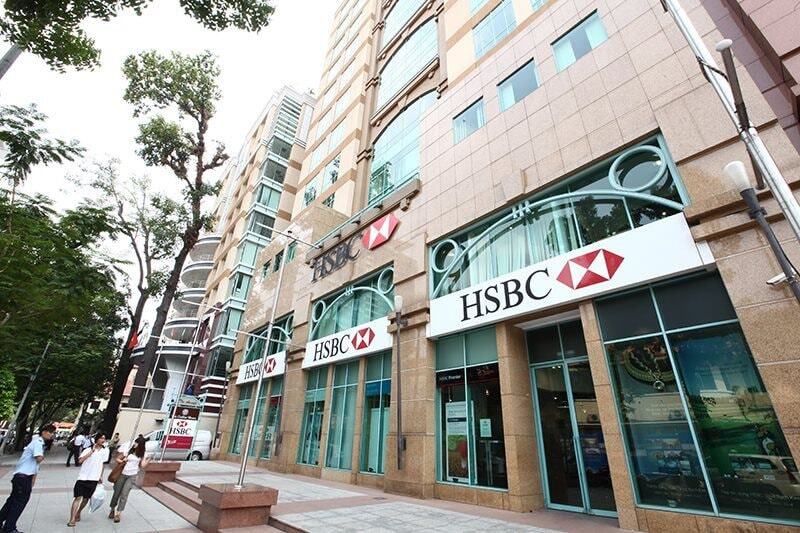
These banks typically offer solid English-language support, reliable mobile banking apps, and easier international transfers. However, they usually require a higher minimum balance and stricter documentation to open or maintain your account.
2. Local Banks (Great for daily use and domestic convenience):
- Vietcombank
- TPBank
- ACB (Asia Commercial Bank)
- Techcombank
- MB Bank
- Sacombank
Local banks often have more branches across cities and towns, lower monthly fees, and simpler paperwork. In many cases, they may allow expats to open an account even with a tourist visa, though this depends on the specific branch. These banks are ideal for local payments, salary transfers, and savings in VND.
Their mobile banking apps are also becoming increasingly expat-friendly — with banks like TPBank and MB Bank offering English interfaces and eKYC onboarding (digital ID verification).
Tip: If you’re staying in Vietnam long-term, consider opening both a local and a foreign-invested bank account. This combination gives you the best of both worlds: international access and local flexibility.
Step-by-Step: How to Open a Bank Account in Vietnam as an Expat
Ready to open your account? Here’s a simple step-by-step guide to walk you through the process — from choosing the right bank to receiving your card. With a bit of preparation, the whole process can be completed in just a few days.
1. Choose Your Bank
Start by comparing different banks based on your priorities: English-language support, service fees, mobile banking experience, and nearby branches. Visit official websites or ask other expats in your area for personal recommendations.
2. Prepare Your Documents
Once you’ve chosen a bank, gather the required documents. Most banks will ask for:
- Passport (with at least 6 months’ validity)
- Valid visa or Temporary Residence Card (TRC)
- Proof of address in Vietnam (rental contract, utility bill, or hotel booking)
- Vietnamese phone number
- Optional but helpful: Work permit, job contract, or business license
Note: Document requirements may vary slightly depending on the bank and city, so it’s best to confirm in advance.
3. Visit the Bank (In Person)
While some banks like TPBank or MB Bank offer online pre-registration or eKYC via mobile apps, most still require you to visit a branch to complete identity verification. Choose a location with English-speaking staff if possible.
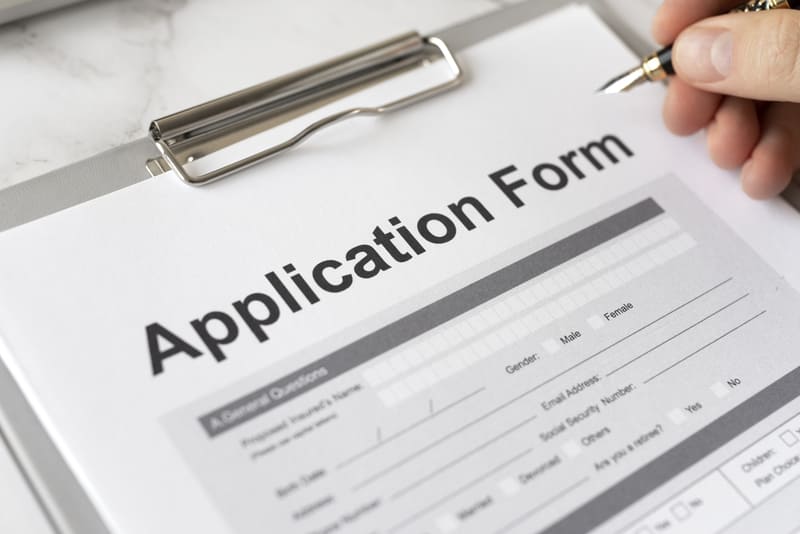
4. Choose Account Type
You’ll typically be able to choose from:
- VND Current Account
- USD or foreign currency account
- Savings account
- Digital-only account (via mobile app)
Note: Some banks let you link your VND and USD accounts for easier currency management and transfers.
5. Deposit Initial Funds
Minimum deposit amounts vary depending on the bank:
- Local banks: from VND 500,000 (~$20)
- International banks: from VND 2–5 million (~$80–200)
Ask the bank staff about the minimum balance requirement to avoid monthly fees.
6. Receive ATM/Debit Card
Most banks will issue your card within 2 to 5 working days. You can either pick it up at the branch or request delivery to your registered address. In many cases, your card will also be activated for online purchases and mobile banking right away.
Best Banks in Vietnam for Expats (2025 Update)
Not sure which bank to choose? Here are some of the most expat-friendly banks in Vietnam — trusted for their service quality, English-language support, and ease of account setup. Whether you prioritize digital convenience or international transfers, there’s an option here that fits.
| Bank Name | Why Expats Like It |
| HSBC Vietnam | Great for global transfers, English-speaking support |
| TPBank | Fast service, English app, low fees |
| Techcombank | Strong digital banking, competitive interest rates, modern app interface, widespread branch network |
| UOB Vietnam | Reliable for foreign currency accounts |
| MB Bank | Easy sign-up, supports eKYC (digital ID check) |
| ACB (Asia Commercial Bank) | Flexible documentation, many branches |
Opening a Bank Account in Vietnam on a Tourist Visa: Is It Possible?
Yes — but only in certain cases. Whether or not you can open a bank account on a tourist visa depends largely on the bank’s policy and the flexibility of the local branch.
Some local banks — particularly TPBank, MB Bank, and ACB — may allow it if you meet a few key conditions:
- Hold a valid passport
- Provide proof of long-term accommodation (hotel or Airbnb booking)
- Have confirmation from a local contact or employer
Still, even if you’re approved, expect some limitations:
- Your account may have limited features (no debit card or online banking)
- You may not be eligible for online banking or USD accounts
- Some banks may close your account once your visa expires
For full account functionality — including mobile banking, multi-currency access, and account stability — it’s best to apply with a long-term visa, temporary residence card (TRC), or work permit.
What About Foreign Currency Accounts (USD, EUR)?
Yes, many banks in Vietnam allow foreigners to open foreign currency accounts, especially in USD — and in some cases, EUR or SGD. These accounts are particularly useful if you:
- Receive payments from abroad
- Want to hold offshore income or remittances
- Need occasional access to cash in foreign currency
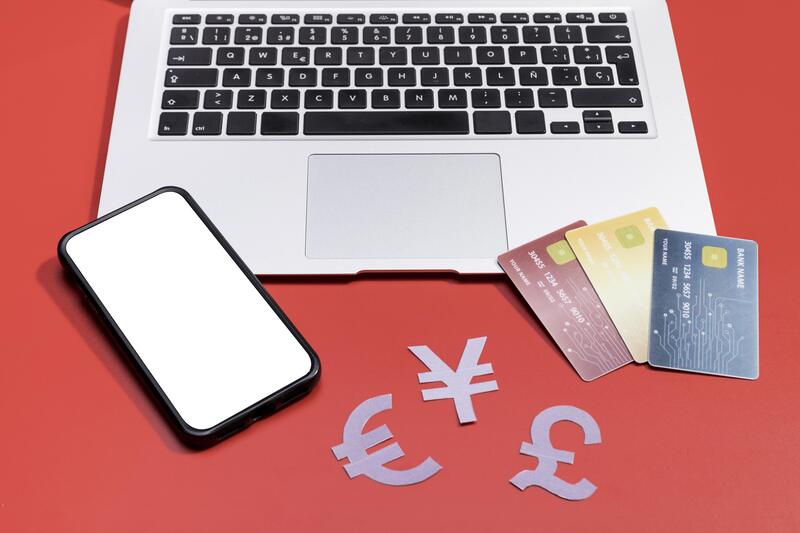
That said, foreign currency accounts come with a few limitations you should be aware of:
- You can’t use them for domestic payments in Vietnam
- Withdrawals in foreign currency may require special approval
- Interest rates are typically lower than for local VND accounts — and may even be zero in some cases
Foreign currency accounts are best used as holding accounts — not for day-to-day banking or purchases.
Digital Banking & Card Access in Vietnam: What Expats Can Expect
Vietnamese banks have made significant progress in digital banking, offering mobile apps that let you manage your finances on the go. With a local bank account, you can:
- Send and receive domestic transfers
- Pay utility bills or top up your phone balance
- Link your account to popular e-wallets like MoMo, ZaloPay, or even Apple Pay (supported by banks like TPBank and ACB).
- Check your balance, download statements, and track your transactions
Many apps offer partial or full English interfaces — though not all features may be fully translated.
Debit cards are also widely accepted in cities for shopping, dining, transportation, and online payments. You can withdraw cash from ATMs (free at your bank’s network), make in-store purchases, and receive your monthly salary directly into your account.
Tip:
- MB Bank and TPBank are popular among expats for their English-friendly apps, 24/7 support, and fast onboarding via eKYC.
- International banks like HSBC and Standard Chartered offer excellent mobile apps too, often with multi-currency support and global access — though they may have fewer local branches and longer onboarding times.
Tips for Expats Opening Bank Accounts in Vietnam
Here are a few key takeaways to ensure a smooth and successful banking experience in Vietnam:
- Bring all required documents: Passport, visa (or TRC), proof of address (rental contract or hotel booking), and a local phone number are usually mandatory.
- Use international banks if you prioritize global transfers, foreign currency accounts, or full English support.
- Use local banks if you want faster account setup, lower fees, and better integration with local services.

- Consider opening multiple accounts (e.g., one in VND and one in USD) for greater flexibility.
- Ask for English-speaking staff — most large branches in major cities like HCMC and Hanoi can accommodate.
- Verify mobile banking access and activation during account opening to avoid issues later.
- Double-check ATM compatibility and fees so you know where you can withdraw cash for free.
- Keep a copy of all paperwork and account details in a secure place or digitally backed up.
If you’re unsure where to start, join local expat groups on Facebook or Reddit — you’ll often find up-to-date advice on which banks are expat-friendly and which branches are easiest to work with.
What Expats Should Know About Banking in Vietnam
Although Vietnam’s banking system is modernizing rapidly, there are still a few important differences that may surprise newcomers. Here are some practical insights every expat should keep in mind:
- Most banks require a valid passport and a temporary residence card (or equivalent documents) for large transactions.
- International wire transfers may take 2–5 days
- Some banks require monthly minimum balances (especially foreign ones)
- Tax declarations may be needed if receiving large foreign transfers
- Branch hours are usually Monday–Friday, 8am–4pm (some open Saturdays)
Note: Don’t assume the same banking rules from your home country apply here — asking questions at your local branch (or bringing a Vietnamese friend) can save you time and frustration.
Final Thoughts: Settle in with Confidence
Opening a bank account in Vietnam as an expat is one of the smartest first steps you can take to feel truly settled. With the right documents, a little preparation, and a clear view of your options, managing your money locally becomes simple and stress-free.
Whether you’re working, investing, or just embracing everyday life in Vietnam, a local account helps you handle everything from rent payments to savings — while avoiding international fees and gaining financial peace of mind.
And for everything beyond banking — housing, lifestyle tips, or long-term living support — JHouse is here to help you feel right at home in Vietnam.
JHouse Content Team
The in-depth content development team on housing services for foreigners & Vietnamese in Vietnam. The content is simple, easy to understand, and logically arranged to bring readers useful topics and information from real experiences.







